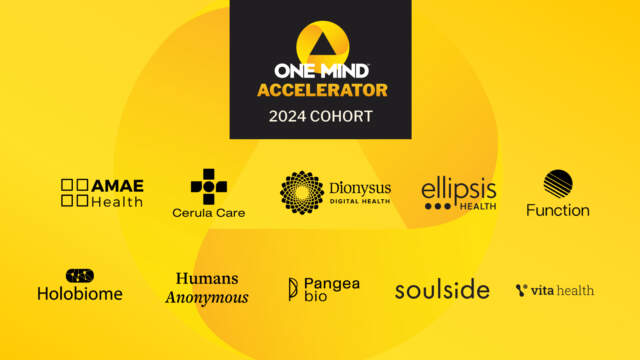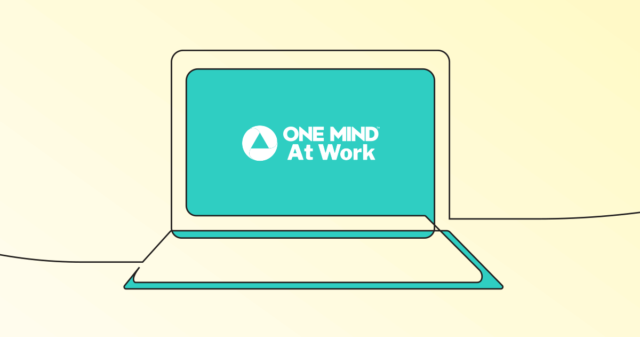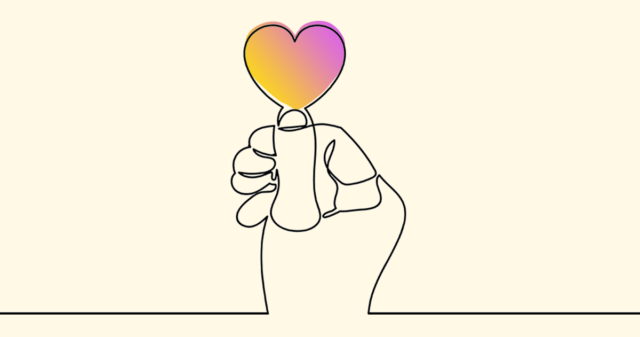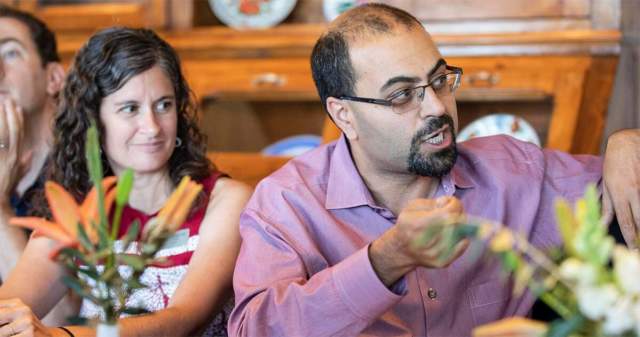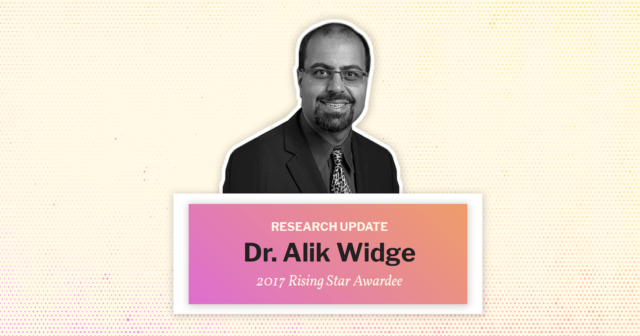Alik Widge, MD, PhD
Assistant Professor of Psychiatry at the University of Minnesota
2017 One Mind / Janssen Rising Star Translational Research Award in Memory of Jeffrey S. Nye M.D., Ph.D. Award winner
Rigid, inflexible behavior is a core impairment that cuts across mental illnesses, from the intrusive thoughts of obsessive-compulsive disorder (OCD) to the automatic negative assumptions of depression to escalating drug-seeking even in the face of negative consequences of addiction. One Mind Rising Star Awardee, Alik Widge, MD, PhD, aims to identify brain circuits involved in flexible decision-making, then identify ways to enhance them with electrical brain stimulation. Ultimately, he hopes to develop a brain stimulation treatment that could improve flexibility for a wide range of clinical disorders, such as schizophrenia, depression, addiction, post-traumatic stress, and autism.
During his initial research, Dr. Widge and his team studied a group of patients who received experimental brain stimulation for depression and OCD. By stimulating brain circuits between two regions of the brain, the prefrontal cortex and the striatum, patients performed better on a laboratory test of mental flexibility. However, the simulation also produced broad changes throughout the prefrontal cortex, rather than specifically targeting circuits that are important in creating the improved flexibility. Currently clinical brain stimulators are not precise enough to identify and target these circuits.
With the funding from One Mind, Alik and his team are addressing the need for greater precision by using an animal model to study the neural circuitry underlying inflexible behavior. In their prior research, Dr. Widge and his team trained rodents to perform a task where flexibility is needed to shift between two decision-making strategies. When they electrically stimulated the striatum, the rodent’s ability to shift improved, similar to what has been found in clinical studies. With this rodent model in hand, Dr. Widge continued his experiments to: 1) Target specific regions of the striatum and discovered that flexible thinking is localized in mid to dorsal regions, and 2) Stimulate a small sub-fraction of cortico-striatal circuitry in the regions of interest using optogenetics, a high-intensity light technology that can selectively stimulate neurons and make it possible to map individual pathways. Their next line of investigation aims to better understand why stimulation of these cortical-striatal pathways leads to flexible thinking. Their strategy is to record thousands of simultaneous channels of electrical activity throughout the circuit to map changes at a cellular level. This is only possible with an advanced recording technology, the Neuropixel, that was released to the general neuroscience community in 2019. Some of the funds provided through the One Mind Rising Star Award were used by Dr. Widge’s team to purchase the Neuropixel equipment and attend training courses on the technology.
The clinical impact of their research will be new and more precise ways of manipulating cortico-striatal circuits to treat disease. Specifically, deep brain stimulation (DBS) is already used to treat severe obsessive-compulsive disorder, is in clinical trials for depression, and has been used for the first time in the US to tread heroin addiction. All of these disorders involve flexibility problems – they involve patients getting stuck in behaviors that they do not want to continue, but do not know how to stop.
Dr. Widge shares, “If we can identify which cortico-striatal pathways can be manipulated to restore flexibility, and exactly how we need to change them, we will have an entirely new approach to treating serious mental illness.”
One Mind celebrates the great progress Dr. Widge and his team have made towards their goal of developing a targeted therapy to increase mental flexibility. We also thank Janssen Research and Development and our donors for enabling us to provide this Rising Star Award to this remarkable scientist. Dr. Widge’s research presentation at our 2017 Music Festival for Brain Health may be seen here.

